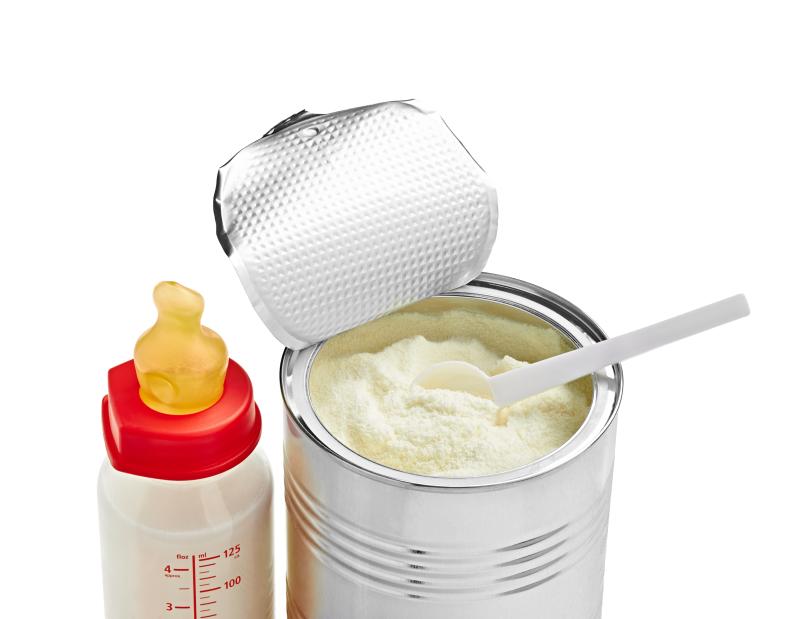
Healthy term-born infants consuming a modified low-protein (mLP) formula from 1 month until 6 months of age show adequate growth comparable to those fed with a control formula, a recent study has shown.
In this double-blind, randomized controlled equivalence trial, infants were randomly assigned to receive either mLP (1.7 g protein/100 kcal; n=90) or control formula (2.1 g protein/100 kcal; n=88) from enrolment (age ≤45 days) to 6 months of age. A breastfed group served as reference (n=67). The investigators determined anthropometry and body composition at baseline, 17 weeks (including safety blood parameters) and 6 months of age.
The primary outcome of daily weight gain from baseline (mean age, 31±9 days) up to the age of 17 weeks was similar between the mLP and control formula groups (27.9 vs 28.8 g/day; difference, –0.86 g/day, 90 percent confidence interval [CI], –2.36 to 0.63). There were no differences seen in other growth parameters, body composition or adverse events.
Infants consuming mLP formula had significantly lower urea than those fed with control formula (–0.74 mmol/L, 95 percent CI, –0.97 to –0.51; p<0.001). Both formula groups, however, demonstrated significantly higher growth rates, fat mass, fat-free mass and several essential amino acids than the breastfed reference group.
“A high protein intake in early life is associated with a risk of obesity later in life,” the investigators said. “The essential amino acid requirements of formula-fed infants have been reassessed recently, enabling a reduction in total protein content and thus in protein intake.”